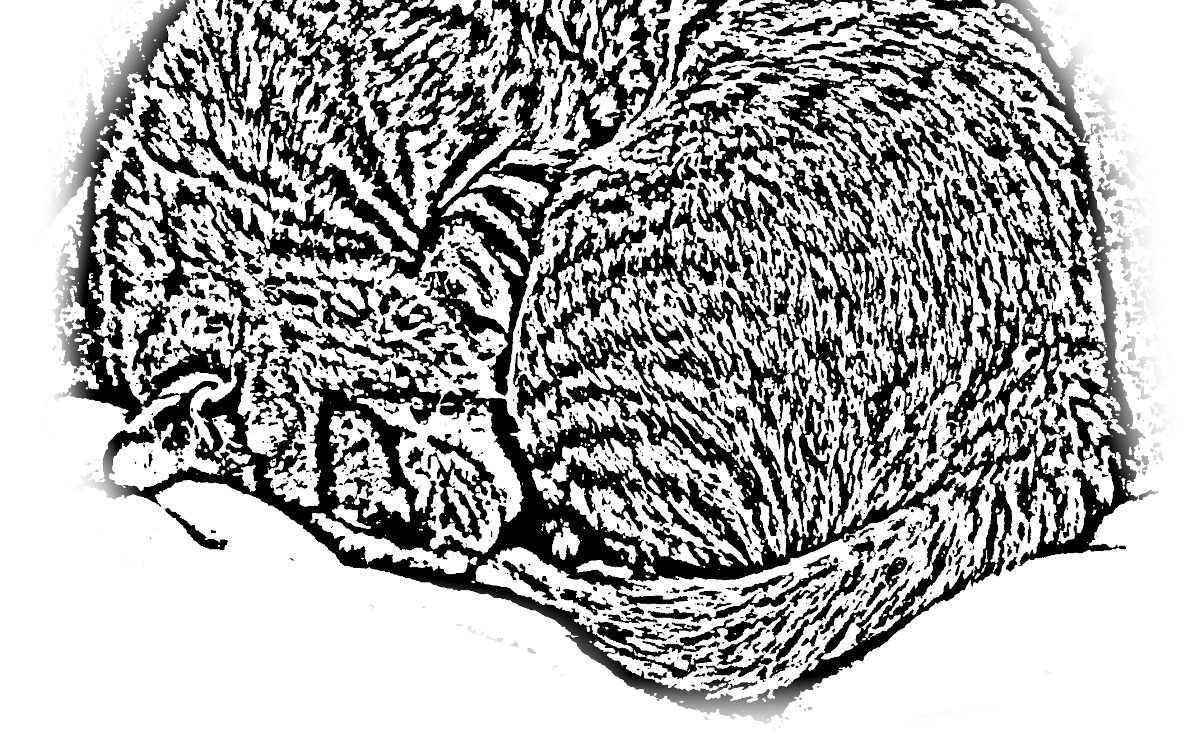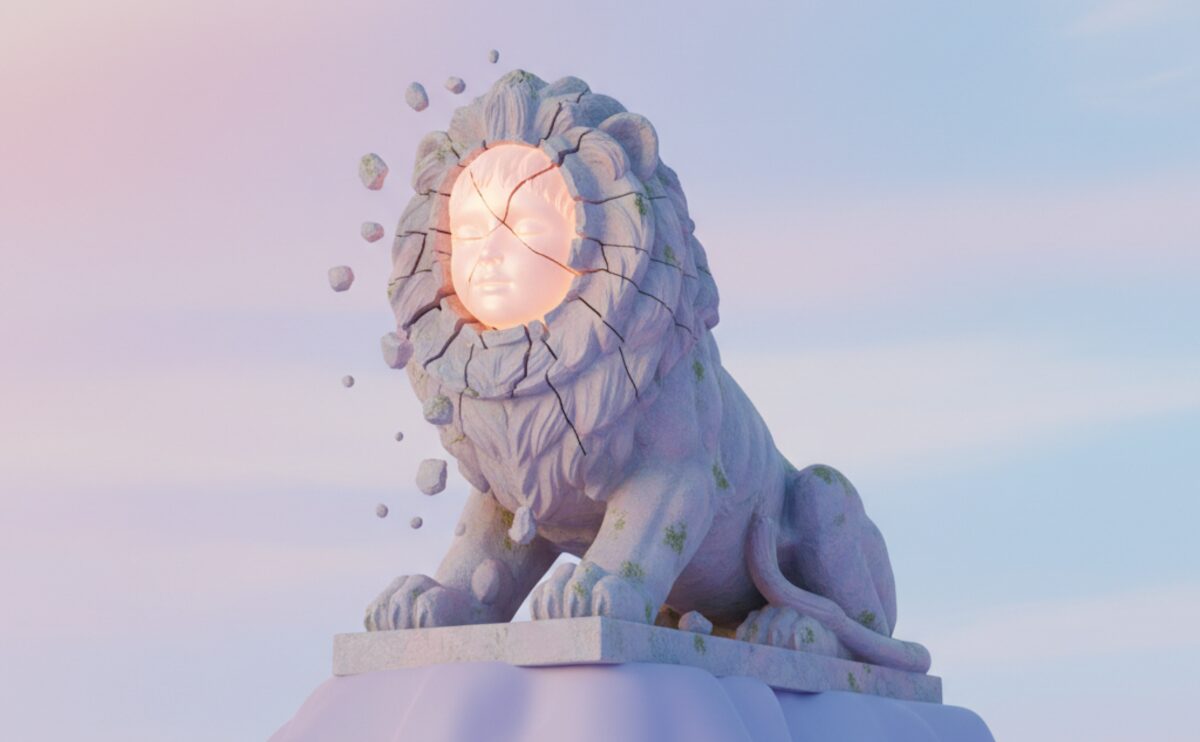No Will, No Life
Also sprach Zarathustra by Friedrich Nietzsche
Introduction: The Descent of the Prophet
Hello, dear readers. Sophia Aria here, greeting you from a rather brisk afternoon in Abiko, Chiba. If our previous discussions on Frankl’s quiet resilience and Hesse’s gentle flow were like a meditative walk through a tranquil garden, then today, we must brace ourselves for a philosophical thunderstorm. We are looking at Friedrich Nietzsche’s monumental and often terrifying masterpiece, Also sprach Zarathustra (Thus Spoke Zarathustra).
This book is unlike any other; it is a wild, poetic, and frequently polemical account of the fictional prophet Zarathustra, who descends from his mountain retreat to preach his gospel to humanity. His core message—the declaration of the Übermensch (Overman) and the concept of the Will to Power—is, quite simply, a furious, necessary challenge to our very way of existing.
Reading it can be profoundly exhausting—an ordeal for the soul, yet an awakening for the mind. It compels one to question every comfortable assumption, every piece of ‘herd morality’ one has passively accepted. For Nietzsche, a life without fierce self-affirmation is truly No Will, No Life.
Deep Dive Analysis: The Three Transformations of the Spirit
The Ascent to the Overman
The philosophical heart of Zarathustra is the idea of self-overcoming. Nietzsche believed that humanity must evolve beyond its current state, shedding the shackles of received morality and creating its own values. This journey is articulated through the famous metaphor of the three metamorphoses of the spirit:
- The Camel: The spirit that bears heavy loads. It accepts tradition, duty, and obedience without question. This is the stage of unquestioning adherence to rules.
- The Lion: The spirit that demands freedom. It shouts, “I will,” against the “Thou shalt” of the Camel. It is necessary for destruction, but it cannot yet create.
- The Child: The spirit that has achieved self-mastery. The Child is a ‘new beginning,’ a self-propelled wheel, the innocence of becoming. This is the Overman—the individual who lives a life so affirmative and free that they transcend the limitations of conventional morality.
The concept of the Will to Power is not merely a political urge, as often misunderstood. It is the fundamental, creative force driving all things; the internal imperative to grow, surpass, and create one’s own meaning. It is the very engine of No Will, No Life.
Application in Modern Life: The Test of Eternal Recurrence
Creating Values in the Void
Nietzsche’s most chilling and profound tool for self-discovery is the thought experiment of Eternal Recurrence. Imagine, he asks, if a demon crept into your loneliest solitude and told you that you would have to live your life over again, including every pain, every mistake, every joy, in the exact same sequence, for all eternity.
How would you react? Would you throw yourself down and gnash your teeth? Or would you answer: “You are a god and never have I heard anything more divine!”
This test is the ultimate application of the Will to Power. If you can affirm your life in its entirety—past, present, and future—you are living as the Overman. For the modern reader, struggling with existential dread in the digital age, this is a radical call to live each moment as if it were eternally recurring. It compels us to create values worthy of endless repetition.
A Broader Philosophical Perspective: The Legacy of the Lightning Bolt
Nietzsche’s Relevance in the Age of Digital Nihilism
While Nietzsche famously declared the “Death of God,” the true philosophical challenge was not atheism itself, but the resulting vacuum. He foresaw the rise of Nihilism—the belief that life is without objective meaning, purpose, or intrinsic value. For Nietzsche, nihilism was not merely despair, but a symptom of misplaced faith in external truths.
This crisis is entirely relevant today. Our digital landscape, with its endless consumption and superficial ‘influencers,’ often serves as a massive distraction from the nihilistic dread that lurks beneath the surface. The ‘herd’ mentality that Nietzsche scorned is now manifest in online conformity and the terror of being cancelled.
Nietzsche’s fierce individualism is the perfect antidote. It demands that we stop seeking consensus or comfort, and instead, embrace the solitude of the mountain, where we must, like Zarathustra, become our own source of light and truth.
Final Reflection: A Dangerous, Necessary Truth
Also sprach Zarathustra is not a book to be read lightly; it is a challenge to be confronted. It is harsh, often elitist, and fundamentally dismissive of pity, which may seem shockingly severe against the backdrop of our current, sensitive social context.
Yet, its purpose is pure: to shake us out of complacency and to teach us to value the effort of living, rather than the reward. It reminds us that our greatest discovery is the self we must constantly strive to overcome.
This book is the ultimate literary expression of No Will, No Life. It insists that if you cannot affirm your own existence, you are not truly living it. Now, go and create a self worthy of eternal return.
Note: This section is a personal reflection.
@sophia
Masterpiece Collection
Related Articles
-
Masterpiece Collection: The Gravity of Truth – Inherit the Stars by James P. Hogan

No Discovery, No Life. Explore the lunar mystery of Inherit the Stars by James P. Hogan. Sophia Aria delves into this SF classic to spark your intellectual curiosity.
-
No LIFE, No CAT. mindfulness: Finding Peace in the Paradox: Mindfulness Woven by AI’s “Efficiency” and Human “Imperfection” 5th

AI & Human Mindfulness: Explore how AI’s efficiency and human imperfection can guide you towards a mindful, richer life. Learn practical tips for digital wellbeing and slow living.
-
Masterpiece Collection: The Blazing Manifesto for Selfhood – Also sprach Zarathustra by Friedrich Nietzsche

No Will, No Life: Sophia Aria delves into Nietzsche’s electrifying Also sprach Zarathustra, challenging readers to embrace the Will to Power and forge their own values. A compelling call for self-overcoming.






Leave a Reply